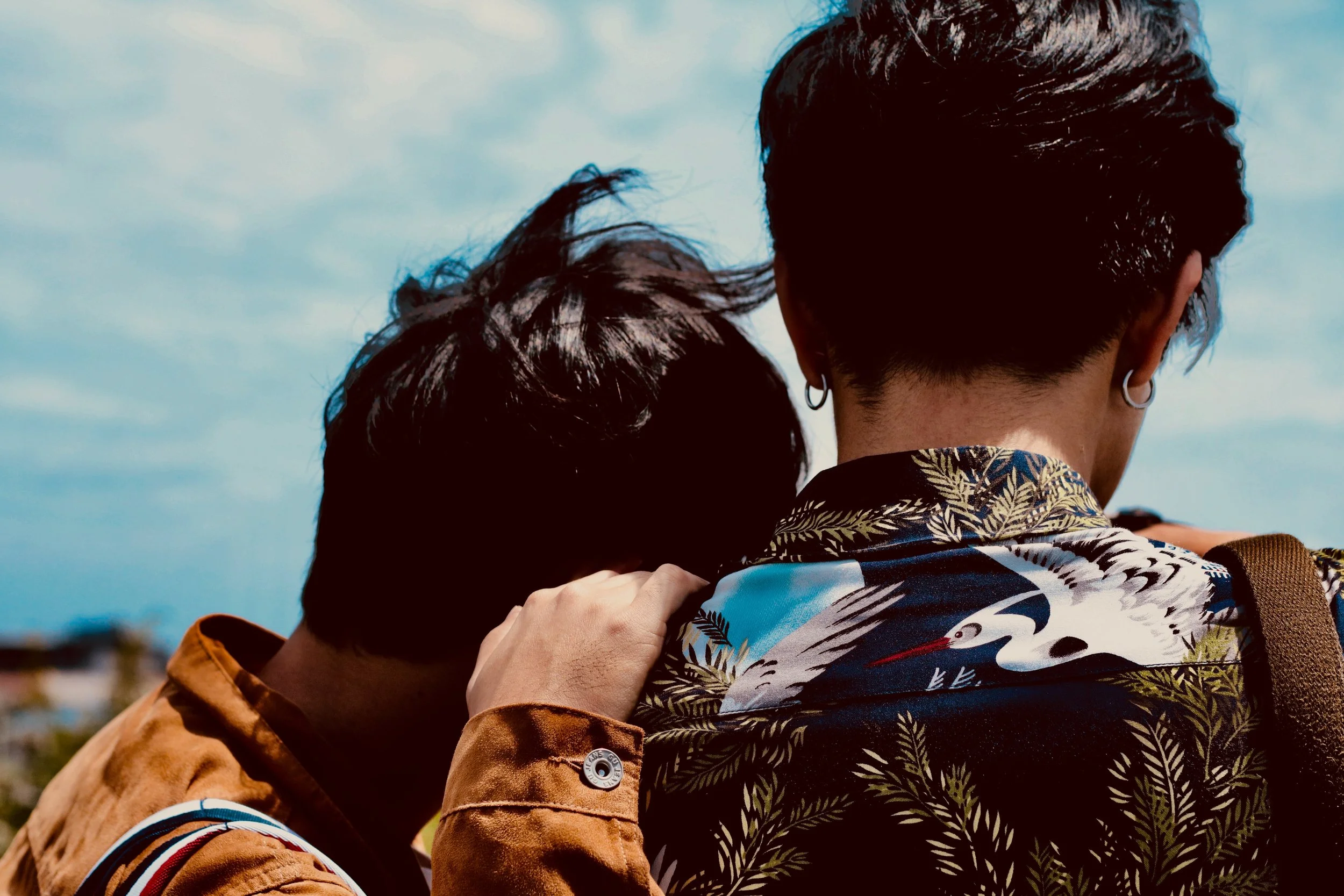Note: This blog is written using IFS (Internal Family Systems- “parts “) language.
There is a part of me that feels angry and frustrated at larger mental health organizations that continue to perpetuate the Neuro-Majority’s broad-stroke view of human being’s as having the same brains, bodies, and abilities as they have. This seems especially true when those of us have invisible disabilities, e.g., late diagnoses of types of neurodivergence such as Autism, ADD, ADHD.
I am noticing that unless there is a visible disability present, individuals who attend professional trainings (especially mental health trainings) continue to be viewed and taught in the same way, with a “one size fits all” approach. This is not helpful for Neuro-Different (ND) humans, and in fact it perpetuates our trauma of not being seen, understood, really listened to, or having our needs accommodated by larger systems for our entire lives.
To be expected to follow certain prescribed approaches to learning at professional trainings, including having to participate in a certain way, perform tasks, and be a part of small or large group exercises (and share) misses the boat in regards to DEI. I spoke with other ND individuals at a recent (completely overpriced) training we attended and they agreed with me. The continual ignoring of and refusal to accommodate our needs is both dismissive and harmful.
Kindly and respectfully, to larger organizations that train therapists on various therapy models and approaches:
My neurological differences are not “parts” of me. They make up my “HARDWARE.” The parts within me make up my “SOFTWARE.” Burdened parts make up my “SOFTWARE’S VIRUSES.”
Thus, parts may react to the Neuro-Majority’s insensitive response to my hardware of being Autistic, ADHD, Dyspraxic and having specific needs that vary from your way of training helpers. Myself and other ND individuals who are also mental health and medical professionals deserve accommodations by your organizations so that our varied learning styles and need for safety are supported, especially in environments not fit for our specific needs.
My neurological differences (hardware) are also not a form of “mental illness” and my neurological differences do not need to be “cured.” However, the parts that are burdened by past trauma as well as on-going micro-aggressions that I and other ND humans continue to endure from environments that are well-intended but not accommodating of our specific needs DO deserve to heal. Please remember that.
Healing can happen in safe, supportive, accommodating environments.
This blog is a respectful call to action to large medical and mental health organizations that it is time to stop virtue-signaling and time to actually start accommodating those of us who have invisible disabilities; those of us who are Neuro-Different with specific learning and safety needs at your professional trainings.
Listen to our voices, make changes that help us learn, grow, and heal so that we can help others.
Thank you.




